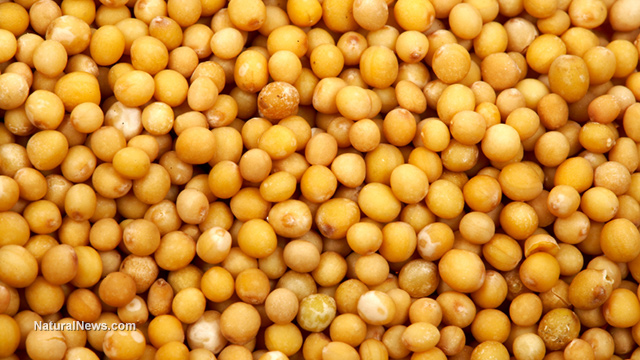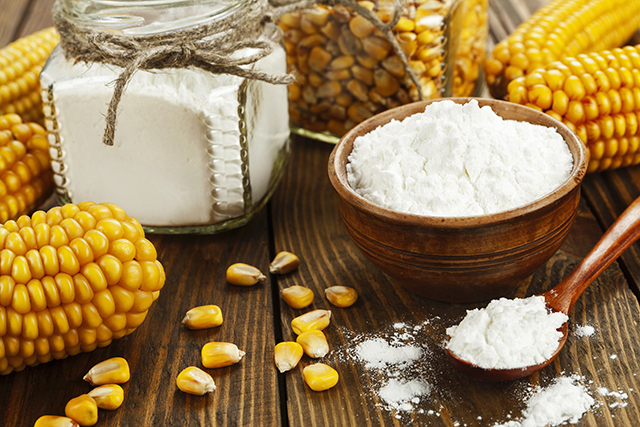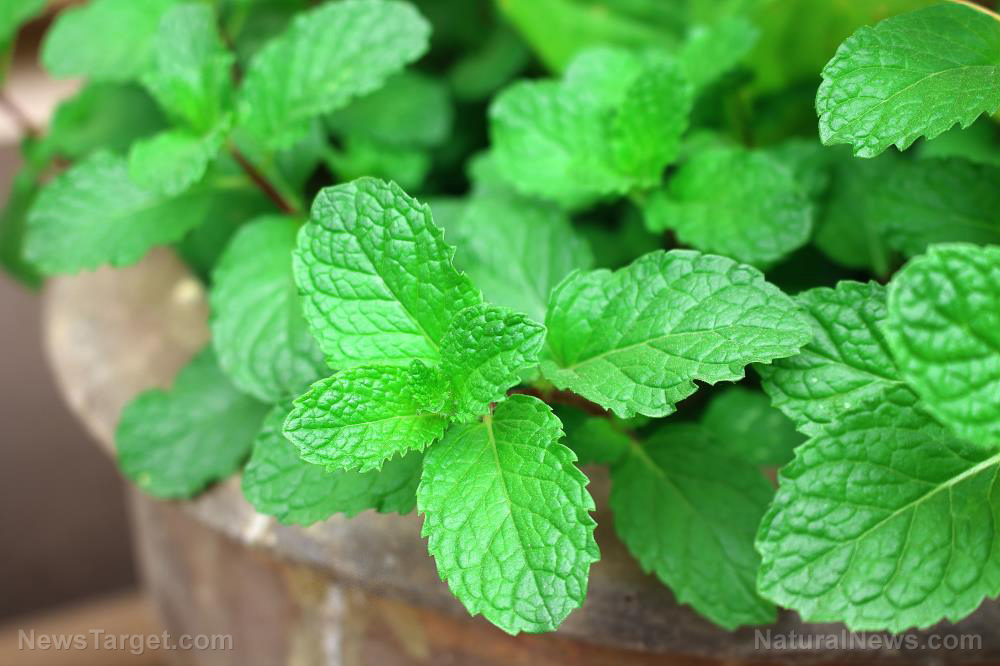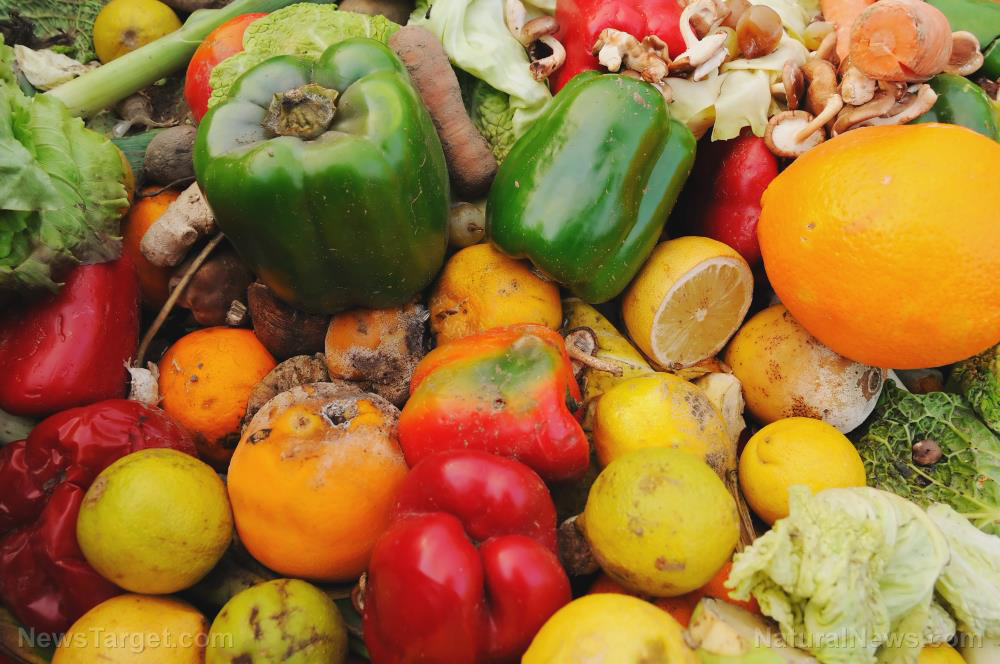Hybrid, heirloom, or GMO? Do you really know your vegetables?
04/26/2017 / By Russel Davis
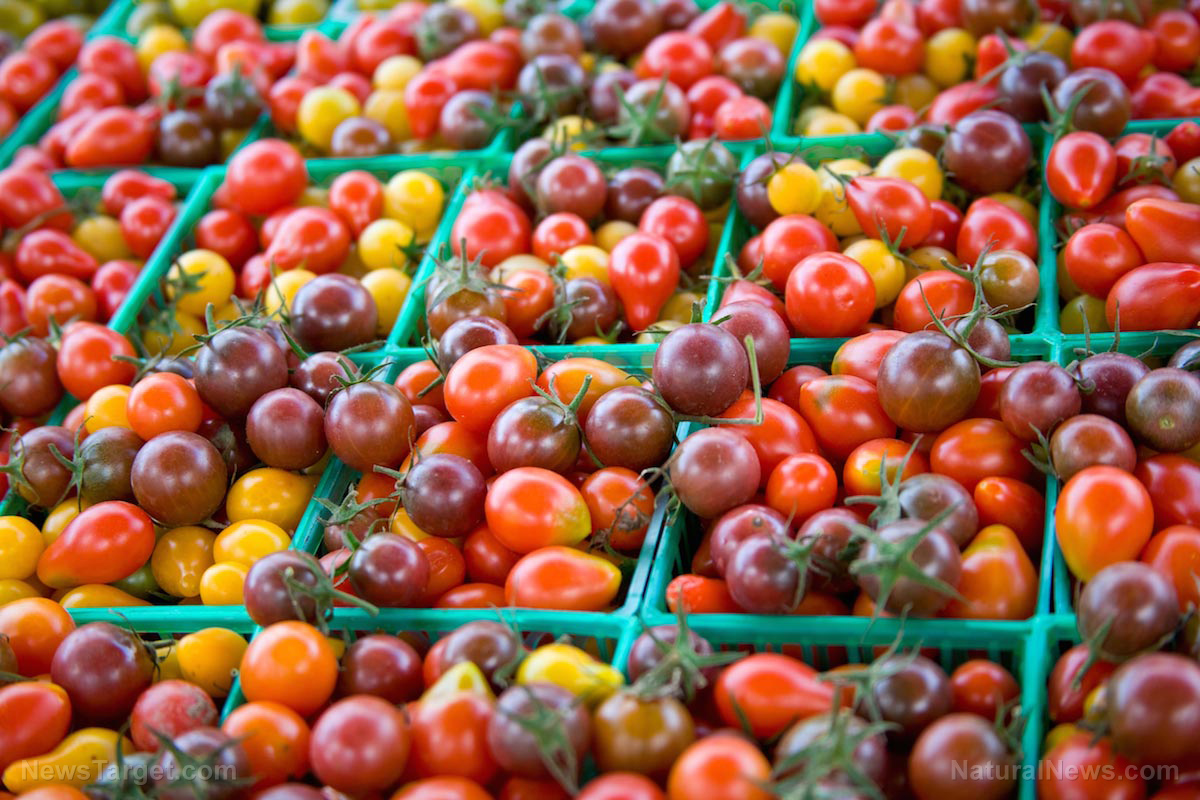
Differentiating hybrid, heirloom, and GMO vegetables can be confusing. Gardeners still interchange these terms, yet the nuances among them need to be understood. These gardening labels describe how the vegetables are reproduced. An article in the gardening website BonnniePlants.com has provided an overview on what makes the gardening methods different from each other.
Hybrid plants vs. GMO plants
Often confused with each other, hybrid and GMO plants’ only similarity ends with the seemingly technical nature of their labels. Hybrid vegetables are plant varieties that are produced as a result of intentional cross-pollination between two varieties of the same plant. The end goal of this cross-pollination is to produce an offspring or “hybrid” that contains the best features from both parent plants. It is important to note that hybrid vegetables are a result of natural cross-pollination within members of a single specie of plant.
During the hybridization process, pollination is carefully controlled to make sure that the best plants are crossed-pollinated with each other in order to obtain the ideal combination, which in turn will result in ideal qualities such as bigger size and increase resistance to diseases. Developing hybrid plants take years to fulfill. Hybrid vegetables often contain combinations of certain traits such as early maturity, better yield, and improved flavor. These varieties are also known to be more resistant to diseases and may require less care. Hybrid vegetables usually look like the ones sold in supermarkets.
A classic example of hybrid plants is the Juliet tomato. This hybrid, Roma-style grape tomato has been awarded the All-America Selections winner in 1999 for its taste, productivity, and increased resistance to diseases. Sun Gold, a sweet and yellow cherry tomato, is another example of a hybrid vegetable.
On the other hand, a GMO plant is a byproduct of genetic engineering. Gene-cloning and protein-engineering are two of the most common molecular genetics techniques used in developing GMO vegetables. Unlike hybrid vegetables that cross-pollinate among themselves, GMO plants tend to cross-pollinate between other organisms. A classic example of this is Monsanto’s Bt Corn. In order to develop a pest-resistant crop, Monsanto crossed corn with genetic material from the Bacillus thuringiensis bacteria. As a result, pesticide became a primary component of the corn’s cells, discouraging pests from eating the crop. Unfortunately, the U.S. Environmental Protection Agency (EPA) has registered the crop as a pesticide, along with other GMO Bt crops developed by Monsanto.
The historic value of heirloom vegetables
While the label’s definition may vary from one expert to another, heirloom vegetables are generally defined as crop varieties that are at least 50 years old and are typically grown before World War II. Most heirloom varieties are cultivated from seeds that have been passed down from one generation to another. Heirloom vegetables can also be hand-picked and grown by gardeners for certain traits. Other heirloom varieties may have also been grown in universities a long time ago.
Unlike the other two varieties, heirloom vegetables are produced using open-pollination. This means that natural factors such as insects or wind will facilitate the pollination process. Heirloom vegetables do not require human intervention to pollinate. These plants tend to retain their characteristics from one generation to another. Unlike hybrid vegetables, heirloom varieties may not produce crops that are uniform in appearance and timing. Heirloom vegetables are touted for their unmatched flavor, especially among tomato crops. A classic example of heirloom vegetable is the Pink Brandywine tomato. (Related: Learn more about different plant varieties and gardening essentials at Homesteading.news)
Sources:
Tagged Under: gardening, gardening skills, gardening tips, genetically modified crops, GMO, heirloom plants, hybrid plants


